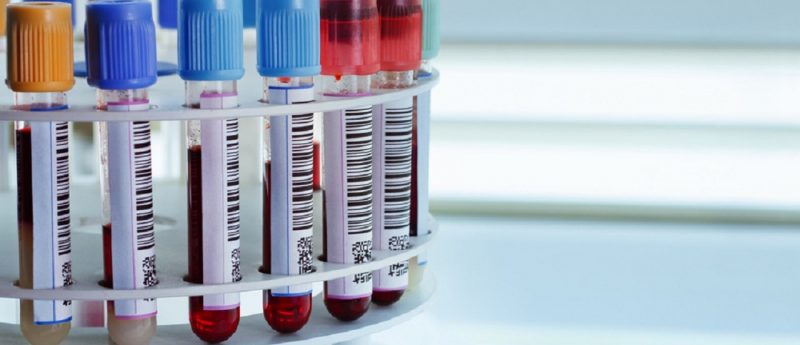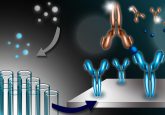New tool uses microfluidic platform to perform cancer liquid biopsies

Scientists from New York University Abu Dhabi (NYUAD; UAE) have developed a new microfluidic platform that could be used to perform cancer liquid biopsies. Following the isolation of circulating tumor cells (CTCs), the new microfluidic platform, which is compatible with atomic force microscopy (AFM), could be used to characterize CTCs and possibly identify new metastatic mechano-biomarkers.
A team of engineering researchers from NYUAD developed the new microfluidic platform with a view to study the mechanical properties of CTCs. CTCs are shed from a primary tumor into the bloodstream and initiate the growth of secondary tumors in a process known as metastasis. Generally, survival rates are significantly higher with early cancer diagnosis, before metastasis has taken place.
CTCs are challenging to isolate from the bloodstream due to their low concentration relative to healthy blood cells. As a result, the lifespan and interactions of CTCs in the bloodstream are poorly understood.
The research, published in the Microsystems and Nanoengineering journal details the development of a new microfluidic platform capable of isolating and characterizing CTCs from blood samples of prostate cancer patients. The developed tool could be used to assist early cancer detection and monitor cancer progression and metastasis.
The microfluidic platform isolates CTCs from blood samples based on their affinity for different monoclonal antibodies. Following isolation, AFM is used to investigate the adhesive and elastic properties of the isolated CTCs.
You might also like…
Compared to traditional tissue biopsies, liquid biopsies are significantly less invasive, requiring only a blood draw. As well as the potential for CTCs to be used as biomarkers for the detection, diagnosis and prognosis of cancer, CTCs could also be used for drug testing and molecular profiling for precision cancer therapies.
Study lead, Mohammad Qasaimeh (Assistant Professor of Mechanical and Biomedical Engineering, NYUAD) explained: “We expect that this platform could constitute a potentially very powerful tool for cancer diagnosis and prognosis, by identifying CTCs mechanical and biological phenotypes at the single cell level.”
First author Muhammedin Deliorman (Research Scientist of Engineering, NYUAD) added: “With slight customizations, the platform can also be adapted to other types of cancers including breast and lung.”
Sources: Deliorman M, Janaji FK, Sukumar P et al. AFM-compatible microfluidic platform for affinity-based capture and nanomechanical characterization of circulating tumor cells. Microsyst. Nanoeng. doi:10.1038/s41378-020-0131-9 (2020)(Epub ahead of print); https://nyuad.nyu.edu/en/news/latest-news/science-and-technology/2020/march/liquid-biopsy-eng0.html




